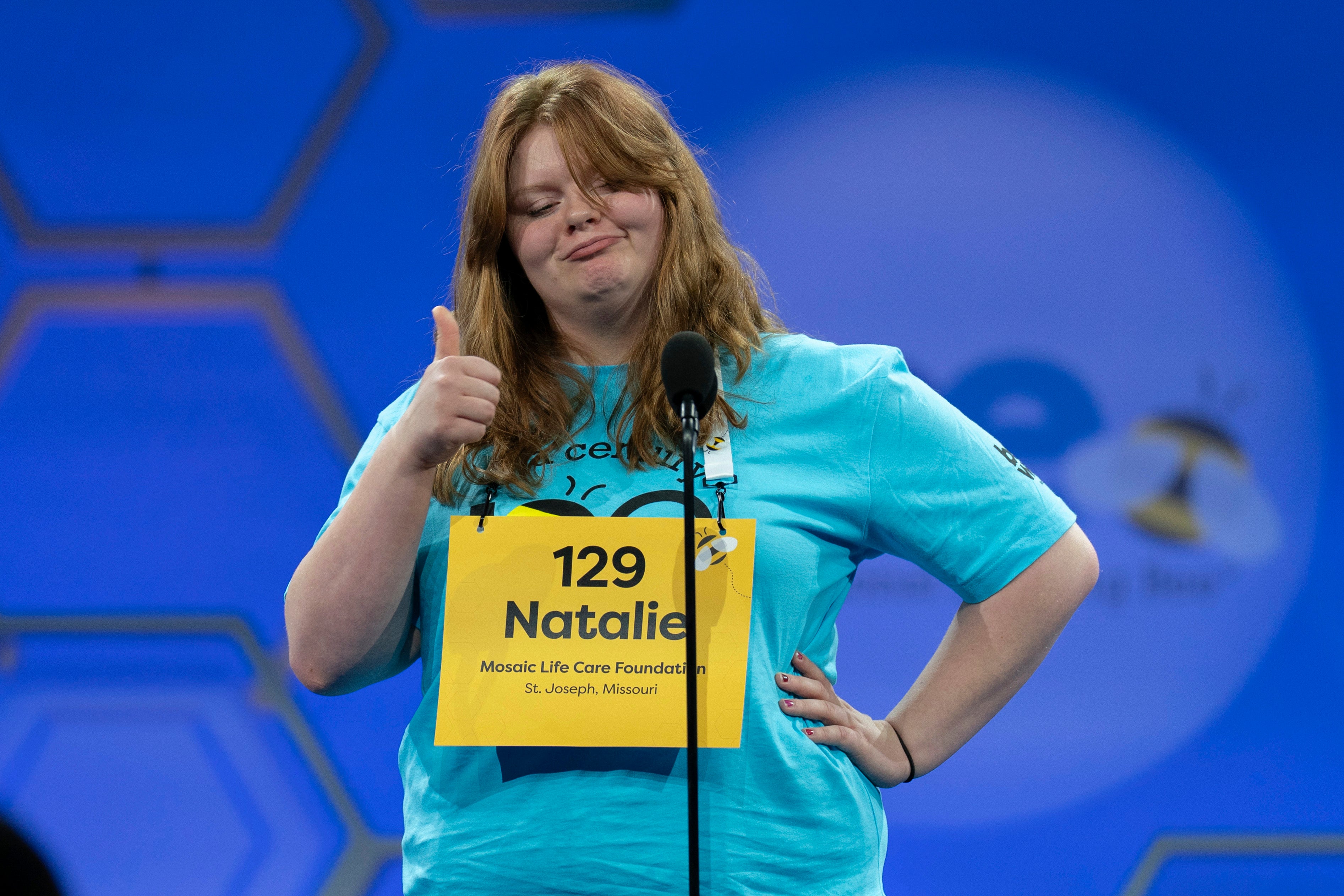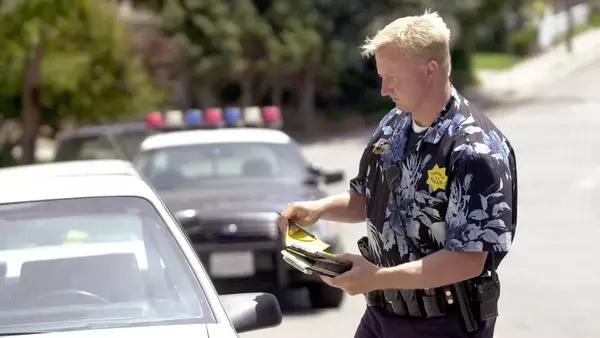
For Rudveep Randhawa, whose three children participated in eight consecutive Scripps National Spelling Bees, the competition took an unexpected turn.
Randhawa, known as "Dr. Happy," watched his children navigate the high-stakes contest from 2016 to 2024. Daughter Aisha appeared four times, while daughters Lara and son Avi each competed twice.
However, Avi's journey ended in last year's semifinals, and Randhawa was not pleased. According to Randhawa, the spelling bee has transformed into a geography bee at critical moments.
Scripps has begun using obscure geographical terms to narrow the field in later rounds. While these words are in the Merriam-Webster Unabridged dictionary, they often lack familiar roots or language patterns. This deprives spellers of the tools they typically use to decipher unfamiliar words.
The bee began on Tuesday and concludes on Thursday at a convention centre outside Washington.
Along with multiple-choice vocabulary questions, geographical terms have changed how spellers prepare for the bee. According to reports, mastering these terms requires rote memorisation, a skill that has fallen out of favor.
“Geographical words can be super hard sometimes because there's no roots to break it down or sometimes you don't get a language of origin. It will say ‘unknown origin’ or the dictionary doesn't say,” said Avinav Prem Anand, a 14-year-old from Columbus, Ohio, who's competing this year for the fourth and final time.
“Basically, you have to memorise them because that's the only thing you can do.”

Avinav put his preparation to use in Tuesday's preliminary rounds when he breezed through Sapporo, the capital of the northern Japanese island of Hokkaido.
Others were not so fortunate: 12-year-old Eli Schlosser of Fergus Falls, Minnesota, heard the dreaded bell because he was unfamiliar with Terre Haute, the western Indiana city. He went with “terrahote.”
Last year, the Randhawa family of Corona, California, saw its decade-long spelling journey end when Avi misspelled Abitibi, the name of a shallow lake in northeastern Ontario and western Quebec.
“It's beyond the pale of what anybody would consider a reasonable geographical word, a small lake in Canada that not even my Canadian friends had heard of. Not even a top-50 size lake in Canada,” Rudveep Randhawa said.
“It's just bizarre. In all the years with geographical words, we had seen words of some significance, they may be capitals of smaller countries, or they may be some port city that had significance, things of that nature.”
Yet for those who might find geographical terms unfair, Scripps has a message: Study harder.
What geographical terms have been used in Scripps National Spelling Bee?
These are some of the geographical terms that have caused a few difficulties for contestants at the Scripps National Spelling Bee:
- Abitibi
- Hoofddorp
- Sapporo
- Terre Haute
“Per our contest rules, all words listed in Merriam-Webster Unabridged Online, except those that are labeled ‘archaic’ or ‘obsolete,’ are fair,” said Molly Becker, the editorial director at Cincinnati-based Scripps and a member of the panel that selects words for the competition.
Scripps considers encouraging intellectual curiosity as part of the bee's mission, and if kids with designs on the trophy have to learn more geography in order to prepare, that's arguably a good thing.
“You never know what word will stand out to a speller and spark a lifelong interest or introduce them to a new concept,” Becker said.

Longtime spelling coach Grace Walters, a graduate student in linguistics at the University of Kentucky, cringed at the memory of Abitibi.
“Geo is definitely something that is feared by spellers,” Walters said, calling it “a daunting task to study.”
“But if geo is unfair because it doesn't have patterns, that would mean other categories like trademarks and personal eponyms and words of unknown origin would also be unfair,” she said.
Some spellers embrace the challenge. Faizan Zaki, last year's runner-up who's competing again this year, was thrilled to hear Abitibi and Hoofddorp — a town in the Netherlands — in 2024 because he had seen those words before.
“There's actually a section in Merriam-Webster that is dedicated to just geographical words, so sometimes when I'm tired from studying normal words, I take a break and I browse through that list of geographical words that they have,” said Faizan, a 13-year-old from Allen, Texas.
You read that right: When Faizan gets tired of studying, he “takes a break” by studying more.
“Pretty much, that’s my life,” he said. “But yeah, it’s definitely enjoyable. I don't hate it or anything.”
US Sen. Duckworth visits Taiwan to discuss regional security and trade
Taiwan pledges to buy more American goods as a 32% tariff looms
US peregrine falcons adapt well to city living as their coastal cousins struggle with bird flu
Trump blames Europe as deadly impact of US cuts on AIDS pandemic grows
Bono breaks silence on Trump’s allegations of illegal payments during 2024 campaign
Elon Musk bemoans DOGE being a ‘whipping boy’ as he reveals agency’s new target







